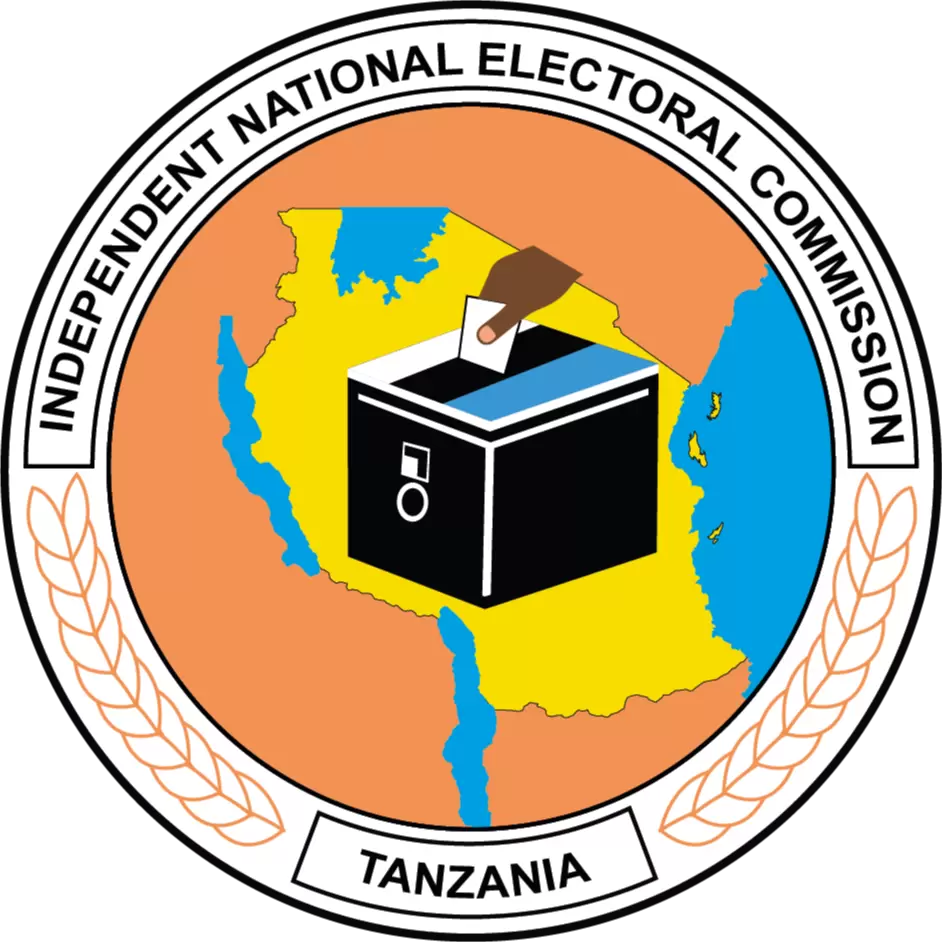Knowledge management Strategy
- 25th September, 2022 17:41
- By RICHARD.KASUGA
- Strategies
Author(s) : Vidah Mahava
Agricultural development is the engine of economic growth since agriculture has the potential to lift out of poverty the majority of rural population in Tanzania. The sector contributes to 27% of the GDP and provides jobs, sustenance and income to about 80% of the population. Thus, agriculture is critical to poverty reduction (MAFC, 2013; Mnenwa & Maliti, 2010). To realize the sector’s potential, information and communication technologies and knowledge management are of paramount importance to improve the livelihoods of the society where agriculture is the predominant income generating activity. Different studies have shown that information and communication technologies are crucial to economic and social development in developing countries (Osei-Bryson et al, 2014). This is due to the fact that information and communication are significant factors in the performance and growth of economies and their importance is relevant in accelerating growth in the agriculture sector. To that end, both traditional and modern ICTs offer promising solutions to strengthening and expediting the delivery of agricultural information to both urban and rural communities.
To harness the promise of ICT and knowledge management in advancing the national priorities
and enabling development goals, the Government of Tanzania initiated the building of the
National ICT Broadband Backbone (NICTBB) in 2009. The strategic approach was to ensure that
ICTs are diffused into the public at all levels, enabling maximization of benefits and welfare of
Tanzanians. The NICTBB is intended to provide reliable, efficient, and cost effective accessibility
and connectivity to ICT infrastructure; enhance socio-economic development and create
knowledge-based society. The Government had also introduced the National ICT Policy in
2003 which aims to integrate ICT in improving living standards and quality of life; raise national
awareness levels on the role and potential of ICT in sustainable development and increase the
size and quality of skilled human resource base. Read More


